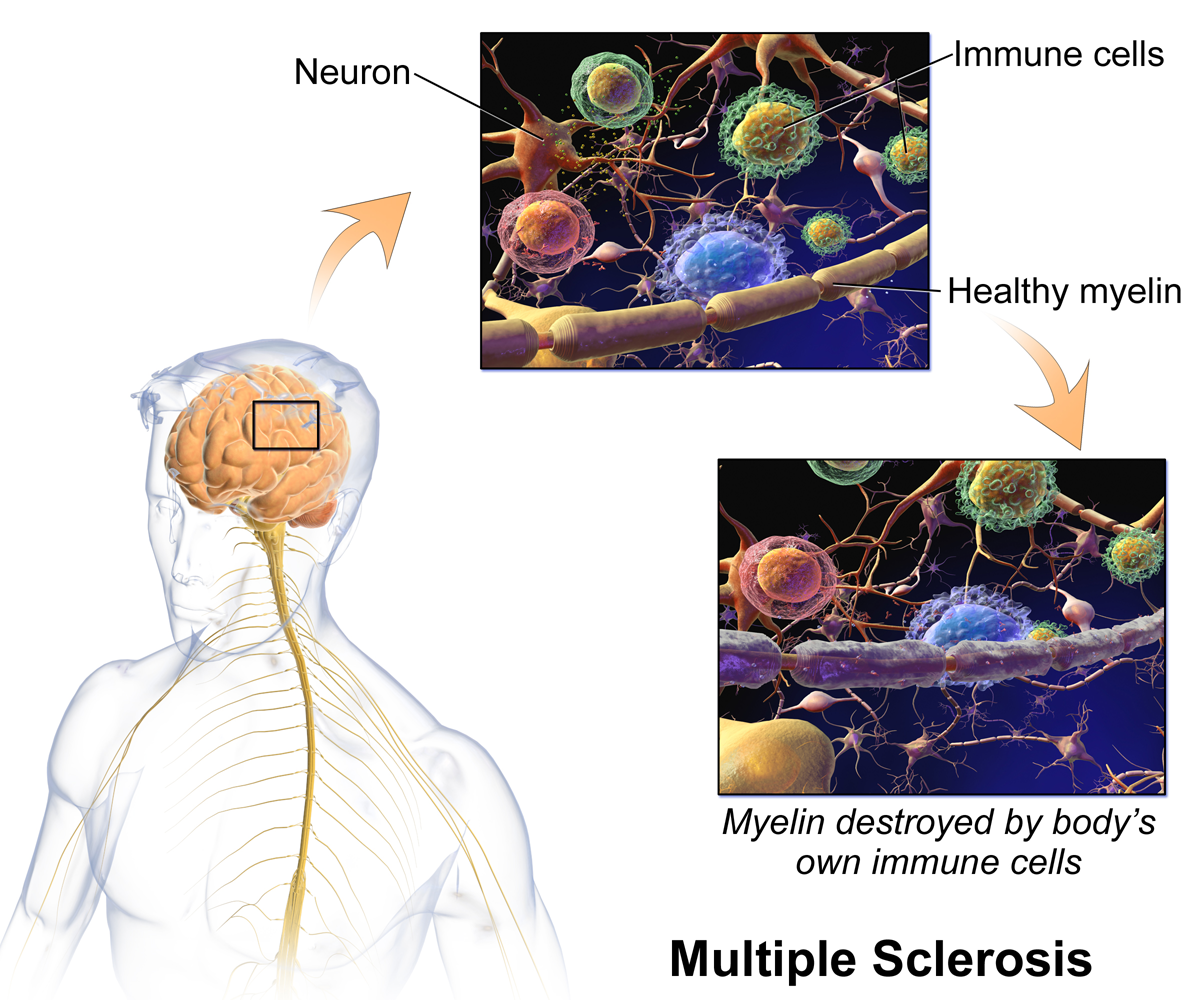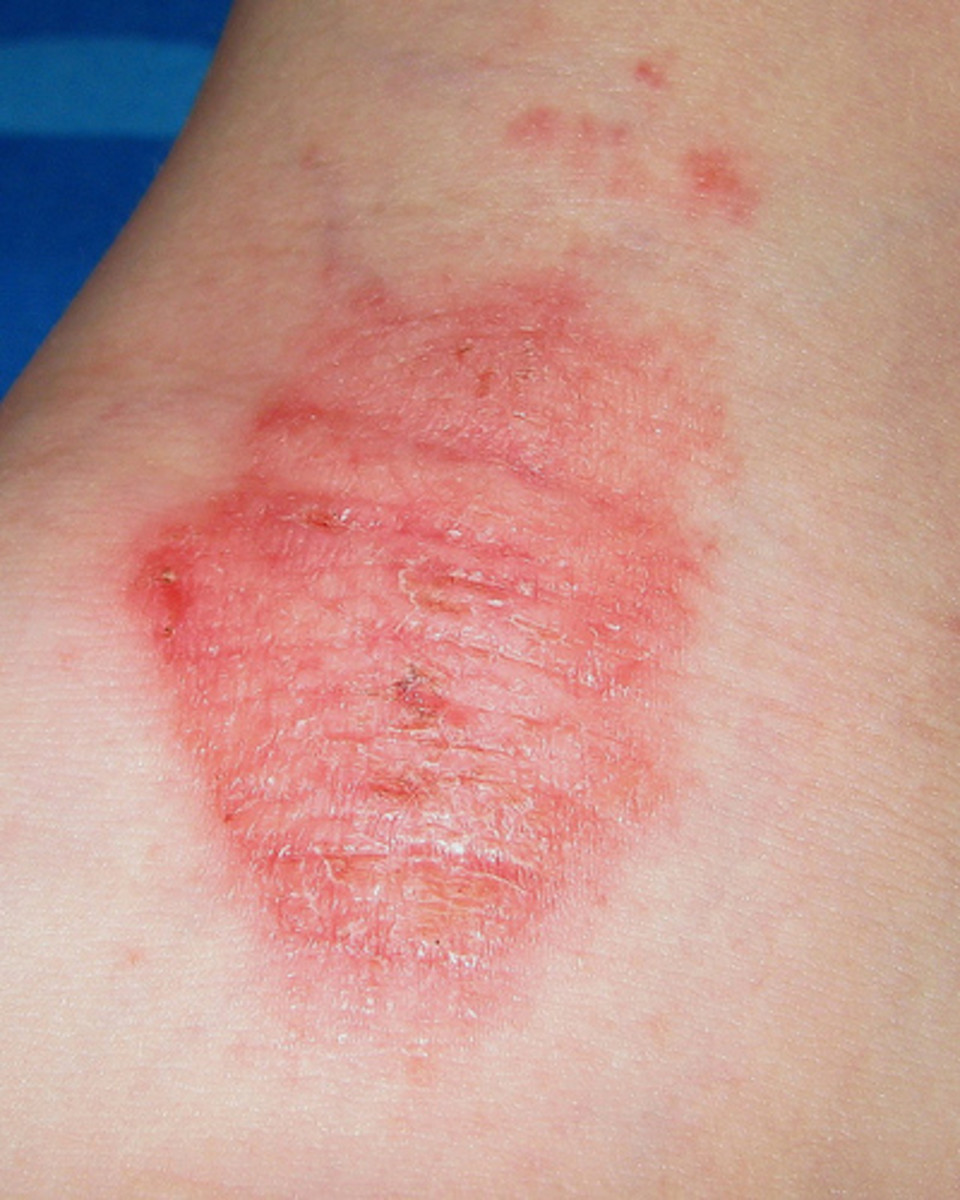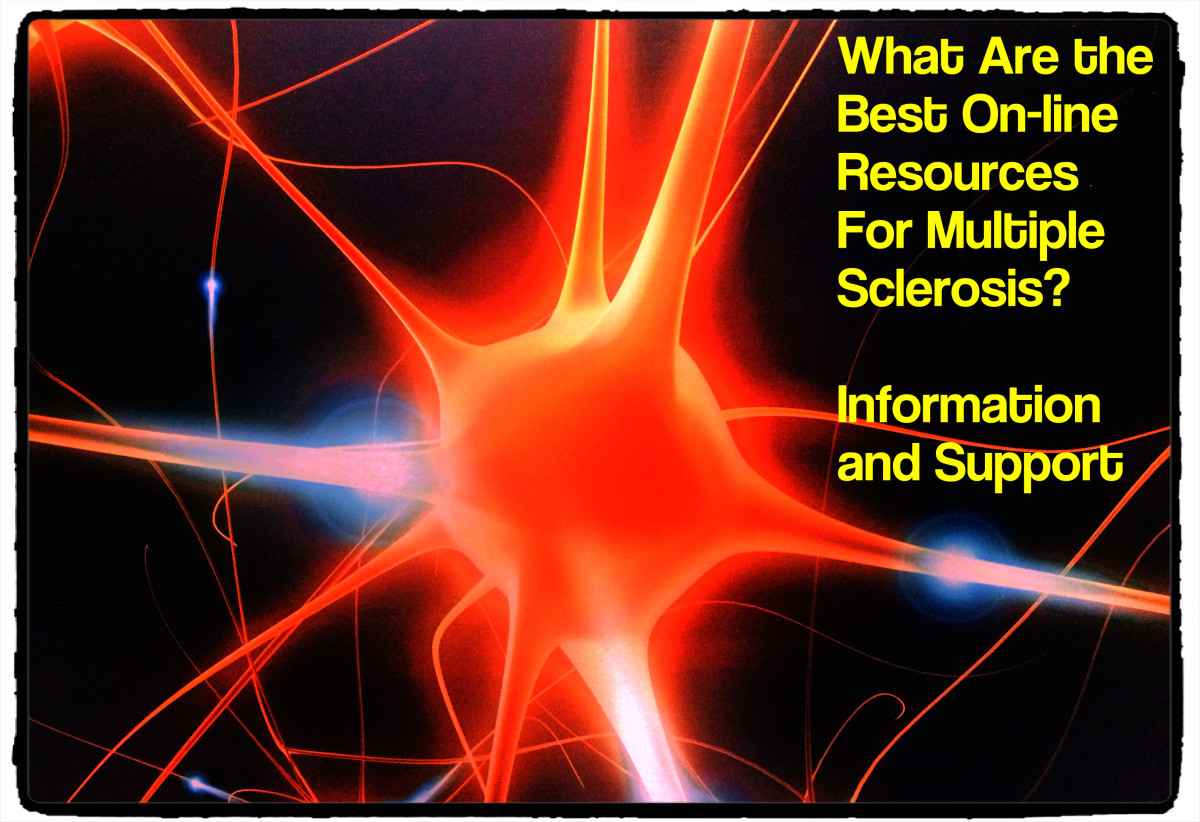Multiple Sclerosis - Sources of Help, Advice and Support in the UK
My family are from England and at age 50, my Father was diagnosed with Multiple Sclerosis. (Primary Progressive). My Mum was his Carer for nearly thirteen years. Sadly they both died, a couple of years ago, both aged 63.
During those thirteen years of looking after my Dad, my Mum struggled to find the help, support and information that both she and my Dad needed. She eventually built up a huge wealth of knowledge of what was needed and where it could be obtained from and I suggested to her that she wrote a book to help other people in the same situation, with advice on where to go to get help and what type of help is out there.
Mum never did write that book, but I know that she found it a real struggle to get what my Dad needed and I have decided to write about what she knew and found useful, in the hope it may be of use to others.
For starters, if you are a Carer looking after someone with MS and reading this, think about joining your local Carers Group. As well as being able to provide help and advice on the practical and financial side of being a Carer, Carers Groups also offer Carers a social network where they can make new friends with other Carers and help and support each other. As a Carer, you may be eligible for Carers Allowance, which is approximately forty pounds a week. Carers Groups also put on special events for Carers such as daytrips or pampering days. As a Carer, you may also be able to have free entry to places such as the cinema.
Social Services seem to be the main support agency. You may be given a Care Manager who is the main point of contact for all the other organisations that you will be in contact with. Their role is to create a care plan that suits you and to find ways, including the funding, to provide the care that you need. They can also assess you to see if you are eligible to help with caring. This can range from a qualified Carer coming in to help with personal care such as washing and getting dressed in the morning, to help going to bed during the day or at night. They may also help with shopping, light housework, washing and ironing, cooking a simple meal, helping you take medication, and providing a sitting service so your regular carer can have a break for a few hours.
Regarding finances, Social Services can help here, by assessing your finances based on your new circumstances and provide help where possible. As an example, you may be able to get a reduction on your Council Tax and help with mortgage payments. You may also be eligible to claim Disability Living Allowance, which comes in a variety of amounts based on the severity of your disability.
Respite Care is also available, the amount you can have per year is assessed, and this is helpful if your full time Carer needs a break or is unable to look after you if they are ill. Not all Respite Care facilitiles are fully geared to cope with someone with the more severe forms of MS, so you need to have a good look around to find a suitable one.
Getting around if you have MS may be difficult for you and you may be able to have help purchasing a new vehicle, suitable for wheel chair access. Applying to your local council for a Disabled Parking Badge enables you to park anywhere - even on double yellow lines if you need to.
To obtain the equipment you need, Social Services employ Occupational Therapists who are able to assess whether there is any equipment that they are able to provide to make life a little easier for you. This can range from simple to complex wheelchairs, hoists, (both manual and ones that are fixed to the ceiling above your bed) hospital beds, reclining chairs and adjustments to your bathroom, such as removing a bath and installing a walk in or wheel chair accessible shower.
Another source of help and advice is the MS Society. If you join you will receive a magazine on a regular basis which is full of useful information, as well as updates on the latest treatments and research results. They are also able to provide factsheets on various topics.
The MS Society also has local branches throughout the country, which are a source of help and advice, as well as offering an opportunity to make friends with other members.
Medical Care - As well as having regular contact with a District Nurse and your Doctor, some areas also have a specialist MS Nurse.
Complimentary Therapies
One of the complimentary therapies that my Dad found most beneficial was Oxygen therapy. His local therapy centre had an oxygen tank. The idea is that you spend an hour in the tank breathing in air high in oxygen. This greatly improved his energy levels for about the next day or so and he looked forward to going.
I hope this has been of use to someone out there. My Mum felt that there was a lot of information out there but there was no one concentrated place that you could go to for help and advice. She was a very detemined lady and really had to push to get what my Dad needed.
* * * Updated September 2012 * * *
My Aunt - my Mothers sister - recently came to stay and I showed her this article.
Having read it, she said looking back the one thing that stopped my parents from fully getting the help they needed was pride. My Mum was often too proud to ask for help and when she did out of desperation, often so called social services proffessionals, who should have known better, made it quite clear that they thought my Mum was asking for things she didn't need.
As a result, my Mum out of frustration and a strong sense of independence, sold her home and moved to another area with a different health authority in the hope that they would be more understanding.
So my Aunties contribution to this article is the following tip:
Never be too proud to ask for what you need. Push until you get it. Don't give up.
At the end of the day, my Mum and Dad worked hard all their lives and paid their taxes etc, yet when they needed help, they found it difficult to get.
Dedicated to my Mum and Dad.









